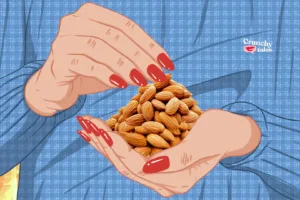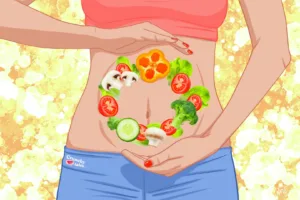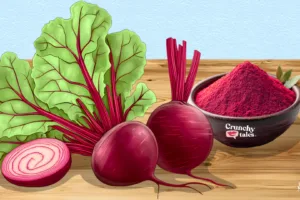Energy Boosters: Can Supplements and Vitamins Help?
As we reach our 50s and start moving beyond some of us will find that tiredness and fatigue levels are hitting us a little faster than they used to. A simple jog for a couple of km may be possible but the energy and recovery you might have may start to take longer than expected. Also having a late night out with friends may cause some of us to wilt during the evening or there may be difficulty getting up the next morning.
Sometimes coffee is the answer, but during menopause, we may be in need of that extra kick as changes in the levels of hormones can make us feel extremely tired.
Energy support
Of course, nothing can replace a healthy lifestyle: make sure you rehydrate well, get good quality sleep, and reduce stress levels as best as possible, don’t overwork and ensure you’re having a balanced diet.
Once you’ve ruled out anything serious by seeing your Family Doctor and getting assessed, you may consider taking vitamins or supplements to help give you the acceptable energy levels and recovery that you need. Obviously, if you’re expecting to return to your 20 somethings then you may find yourself a little disappointed with the results.
What we at CrunchyTales hope to give you is a few quick pointers on what you should consider to supplement your diet.
- Zinc (Zn)
It’s vital for our immune system and to stave off infection. Its also needed for wound healing, taste, smell and vision. Found in red meat, chicken grains, lentils spinach and dairy. Poor diets lacking in zinc result in a very obvious fatigue which may have the added complications of loss of appetite, hair loss and alteration of taste, smell and eyesight. - Vitamin C (ascorbic acid)
It cannot be made by the human body and so is essential for your diet. It’s needed to make collagen and thus help with all-round body organ and tissue repair. Lack of vitamin C again leads to tiredness, weakness, bruising of the skin, dry skin but most importantly a poor ability to fight infections. - Vitamin D3
Some of you may describe a general tiredness, vague aches and pains and a general sense of not being well. This is common with Vitamin D deficiency and one of the main culprits is lack of exposure to sunlight. In more severe deficiency (known as osteomalacia), there may be more severe pain and also weakness. This problem tends to be more prevalent in strict Vegans and Vegetarians. - Magnesium (Mg)
It’s involved in a wide range of functions in human physiology. It’s involved in specific enzyme reactions and is a cofactor for DNA, RNA and protein synthesis. Tiredness and fatigue are some of the many symptoms seen with either a raised or lowered Magnesium level. - Omega 3 fish oil
It’s an essential element for overall brain functioning, good heart health and fighting against any inflammatory conditions (such as rheumatoid arthritis, psoriasis). According to Philip Calder, professor of nutritional immunology, at the University of Southampton: “Omega-3 fats work across the body influencing metabolism, blood clotting, immune function, inflammation, organ function, blood vessel performance and cell protection from stress. This means that they have a vital role in most areas of health.” - Vitamin B12
It’s essential for the maintenance of life. It is needed to make new cells in the body, such as the many new red blood cells which are made every day. Vitamin B12 is found in meat, fish, eggs and milk and lack of this vitamin leads to pernicious anaemia of which common symptoms include tiredness lethargy, and possibly breathlessness. You may be able to supplement your diet with B12 vitamins but usually, a course of injections is required upon diagnosis. - Iron
Iron plays a crucial role in the oxygen delivery functions of red blood cells. When we are deficient in iron, lower oxygen levels impair our cells’ ability to function optimally, resulting in fatigue, weakness and lethargy. Eating iron-rich foods, like legumes, with fruits and vegetables that contain vitamin C, such as oranges, broccoli, Brussels sprouts, and tomatoes can boost your body’s ability to absorb iron. - CoQ10
It’s a nutrient that your body’s cells require to produce energy. Ageing, certain diseases and statin treatment are associated with low levels of CoQ10, which may increase feelings of fatigue. CoQ10 is found in meat, particularly organ meats, as well fish and peanuts. While our bodies are capable of producing CoQ10, the ability to do so naturally diminishes with age, so it is worth considering taking a CoQ10 supplement, especially later in life.
Last but not least, know that “Even if we could reach all corners of the nutrient spectrum with food, we still can’t predict absorption and how nutrients will interact with each other negatively,” says Lisa Hayim, registered dietitian and founder of The Well Necessities. That’s where a multivitamin comes in. “Taking a multivitamin can help improve immunity and gut health, increase energy levels and bone density support, and boost mood.” Either Capsules or Chewable, they are an excellent source of getting all of the above in a precisely measured form. Choosing a reputable brand is essential as you are guaranteed the correct amount every time.





